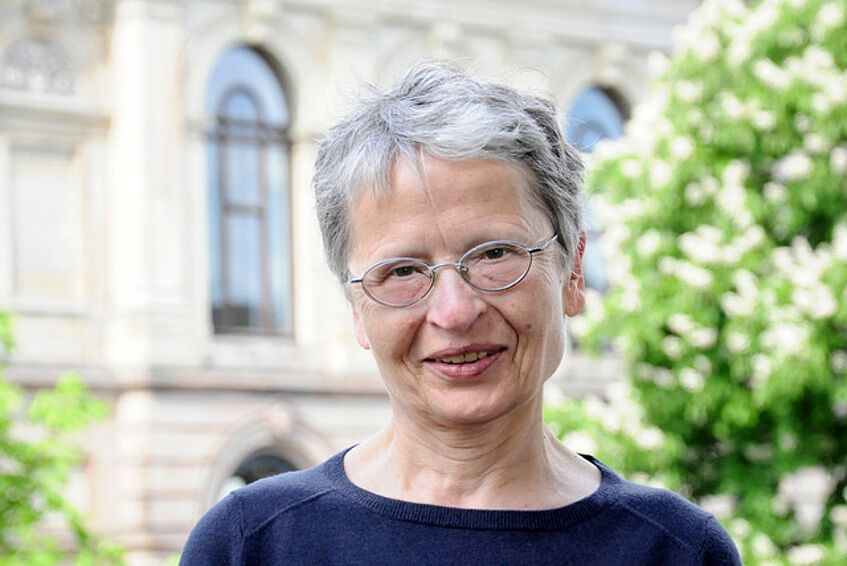13th Gerald Stourzh Lecture on the History of Human Rights and Democracy
Ute Daniel
Demokratiegeschichte "von oben" oder: Wie war Regieren um 1900 möglich?
4 May 2022

© Anne Hage/TU Braunschweig
Ute Daniel is professor for Modern History at the Technical University of Braunschweig in Germany and member of the Göttingen Academy of Sciences and Humanities. Her research focusses on a wide range of topics in cultural and social history from the eighteenth to the twentieth centuries, ranging from the history of the world wars, of courts and court theaters and of the media to the history of consumption, gender history and historical methodology and theory. Currently, one of her particular research interests includes the history of democracy in the long nineteenth century.
Selected publications: Arbeiterfrauen in der Kriegsgesellschaft 1914-1918 (1989, transl. into English); Hoftheater: Zur Geschichte des Theaters und der Höfe im 18. und 19. Jahrhundert (1995); Kompendium Kulturgeschichte. Theorien, Praxis, Schlüsselwörter (2001, several new editions, transl. into Spanish and Hungarian); 1914-1918-online. International Encyclopedia of the First World War (co-ed. 2014); Beziehungsgeschichten. Politik und Medien im 20. Jahrhundert (2018); Postheroische Demokratiegeschichte (2020).
Homepage of Ute Daniel
Abstract
The history of democracy has often been related through events that produced democratizing effects. Above all, expansions of the right to vote are emphasized in these narratives as preliminary stages to today's democracy. Extensions of electoral law certainly are important parts of a history of democracy. However, what were the effects that emanated from them in their respective times? The lecture explores this question via the examples of the German Empire and the United Kingdom around 1900. If contemporary perceptions of political actors and commentators are to be taken seriously, the consequences of electoral expansions were perceived in both countries within the context of changes in the respective political systems that alarmed contemporaries - although not necessarily for the reasons one would expect today.
Audio
Welcome and introduction (in German):
Vice-dean of the Faculty for Historical and Cultural Studies Dorothea Nolde
Speaker of the key research area Democracy and Human Rights Claudia Kraft
Speaker of the key research area Dictatorships – Violence – Genocides Kerstin Jobst
for the organising team of the Gerald Stourzh lectures: Birgitta Bader-Zaar
Lecture by Ute Daniel (in German)
Discussion
